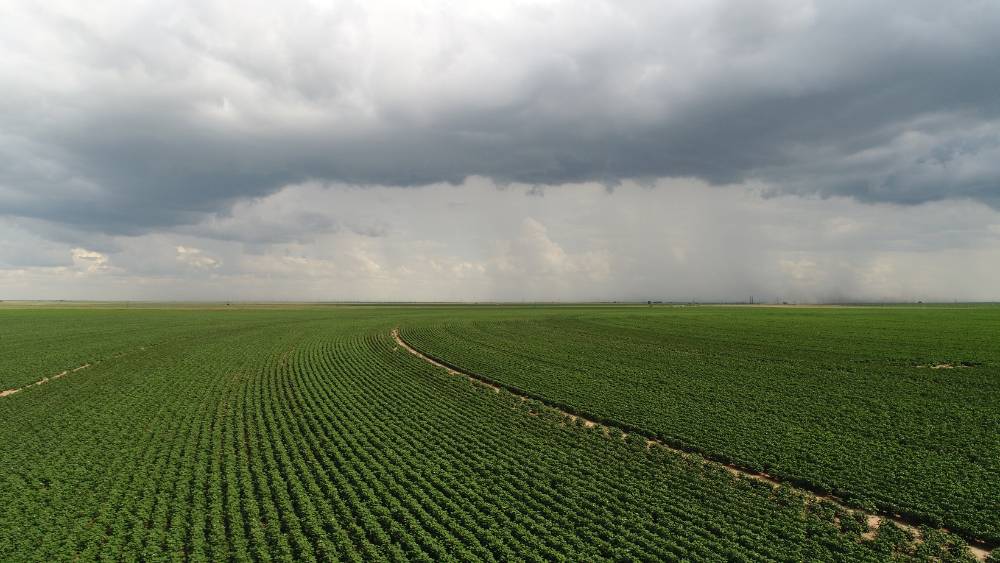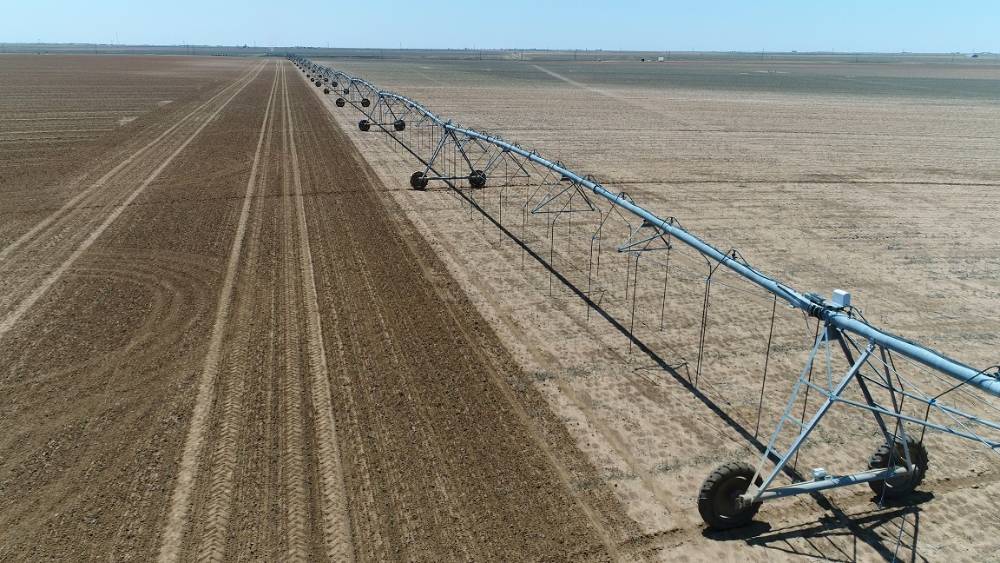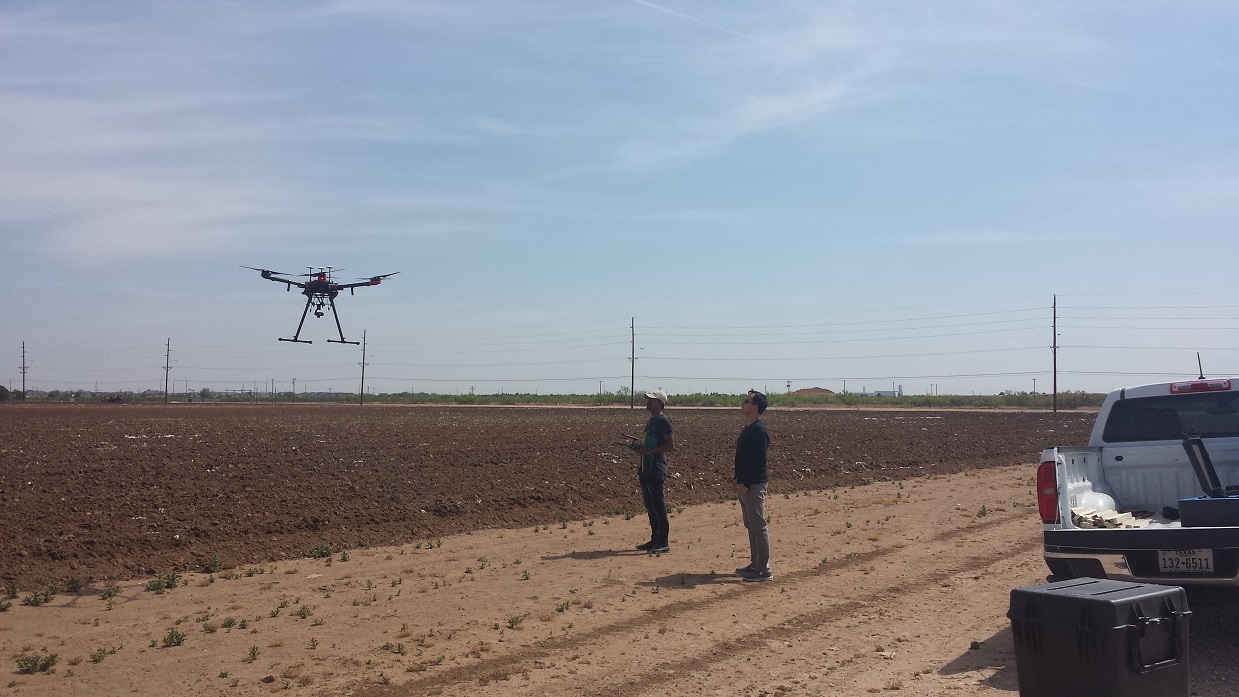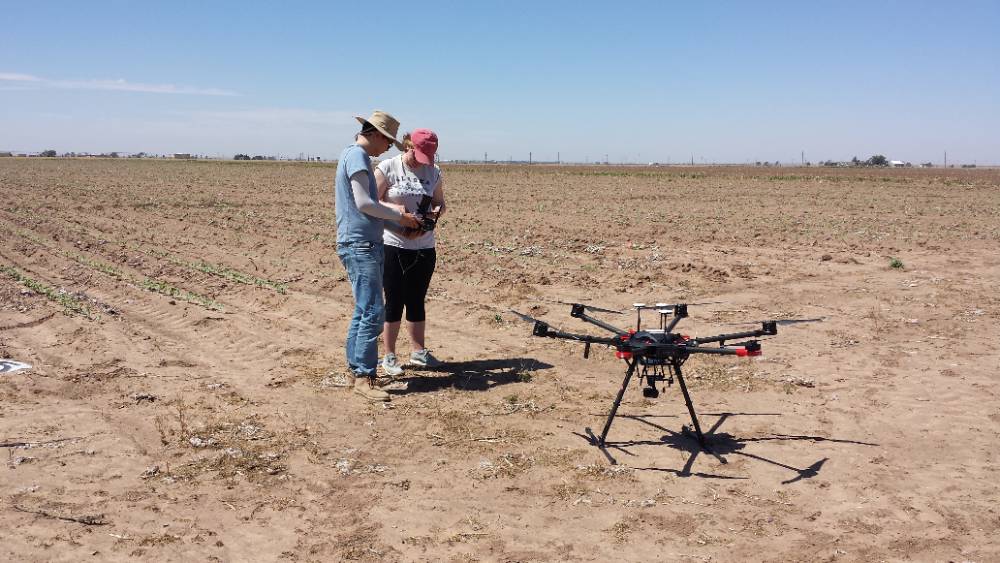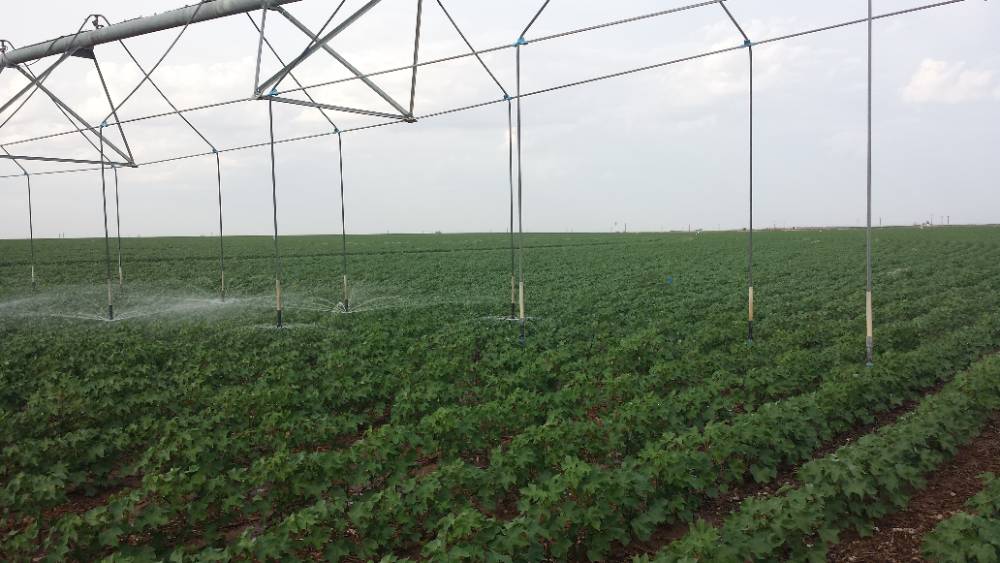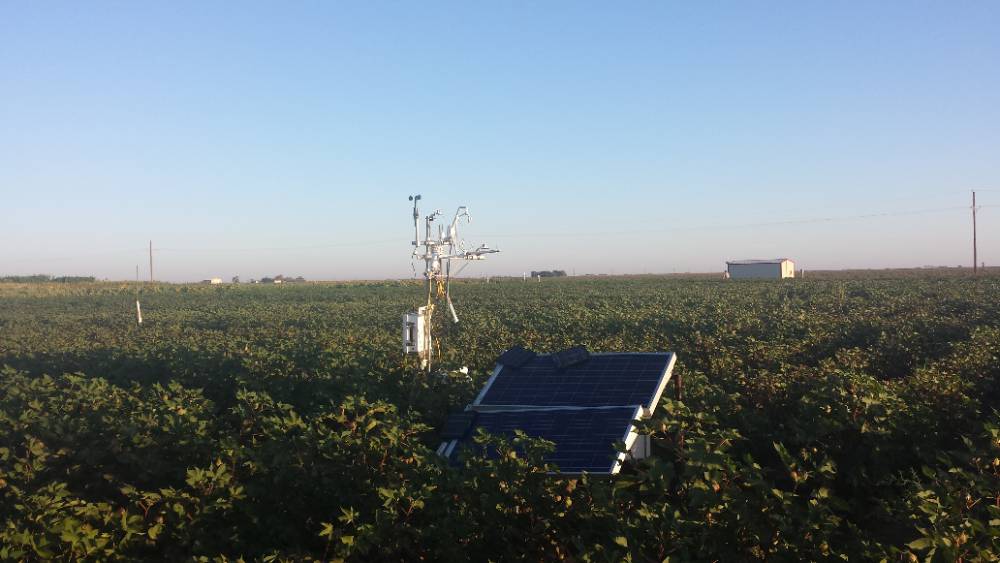Guo Precision Ag Lab
The challenge and necessity of feeding 9 billion people on the earth by 2050 stimulates us to use our land and water resources more wisely. Conventional farming practices treat an agricultural field uniformly despite the inherent variability in soil properties and crop growth conditions. Uniform management may result in over- or under-application of resources in specific locations within a field, which may have a negative impact on the environment, profitability, and sustainability of agricultural production. One solution is to manage our soil and water more efficiently and effectively by applying crop inputs at the right location with the right amount and at the right time. Precision agriculture offers a suite of technologies to implement such intensive management. These technologies include global navigation satellite systems, geographic information systems, remote and proximal sensing, yield monitoring, variable rate technology, and data science. This list is expanding. The goal of precision agriculture is to optimize crop input and management to enhance productivity, profitability, sustainability, while minimizing the impact of agriculture on the environment.
At the Crop Ecophysiology & Precision Agriculture Laboratory, we strive to improve the bottom line of production agriculture through optimization of crop inputs, management, while protecting the environment. Our mission is to build on partnerships with the industry and research institutions to develop and expand innovative research and teaching programs in precision agriculture and environmental modeling, address critical local and national agricultural needs, and support the economic development of Texas and the nation through education and research. Our research interests include studies at a range of scales, from individual plant, experimental plot, commercial field, to regional, national, or even international levels. Specific research projects include irrigation scheduling based on weather and satellite imagery, variable rate water and nutrient application, remote sensing for plant phenotyping and growth monitoring, crop growth modeling and simulation, environmental modeling, etc. The lab maintains state-of-the-art facilities to support our research, including sophisticated UAS platforms and sensors, high performance computation power and software programs, as well as various radiometers, field spectrometers, calibration equipment, and ecosystem measurement instrumentation.
Department of Plant and Soil Science
-
Address
Texas Tech University, Department of Plant and Soil Science, Box 42122, Lubbock, TX 79409 -
Phone
806.742.2838 -
Email
psstechsupport@ttu.edu

